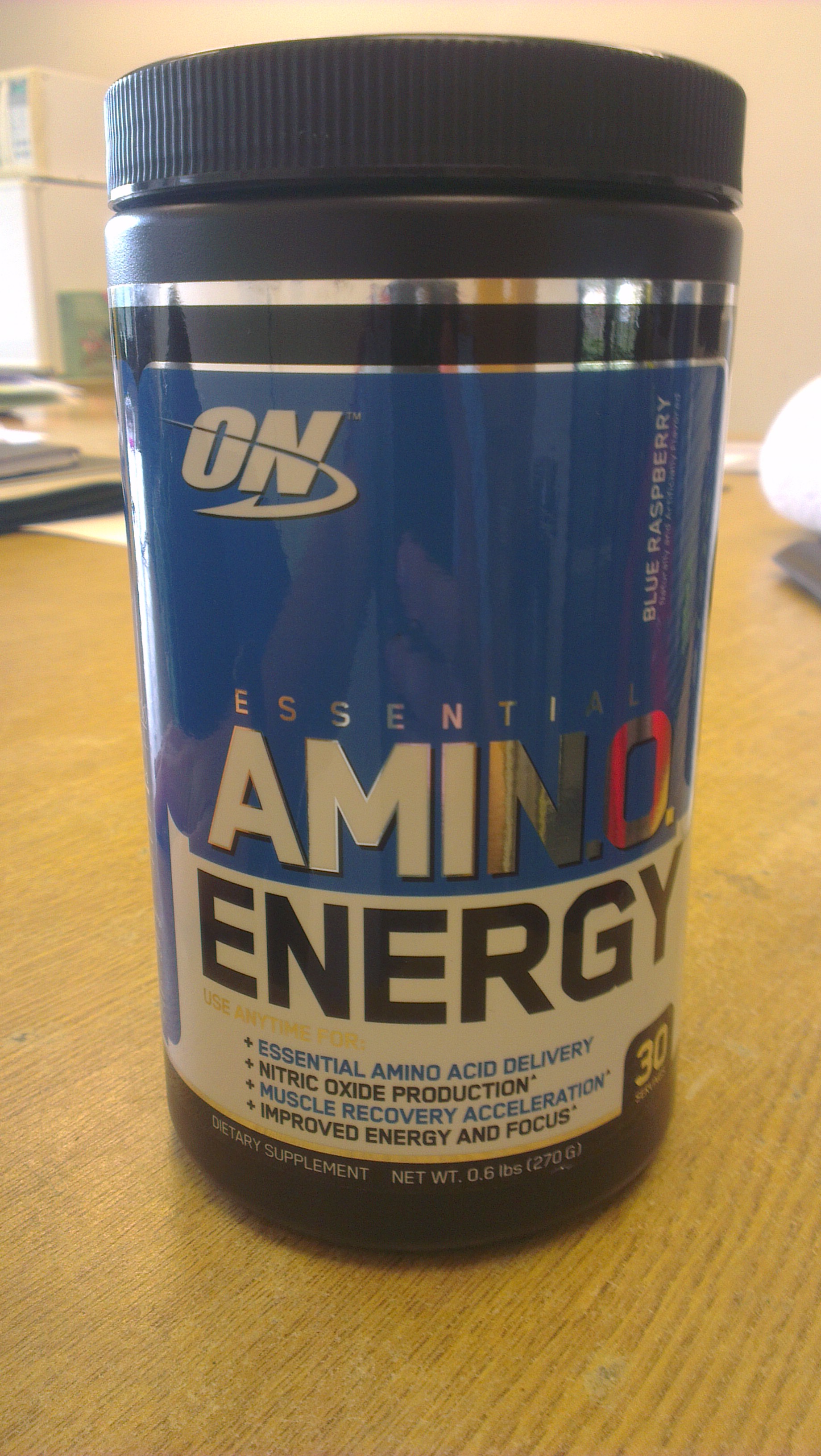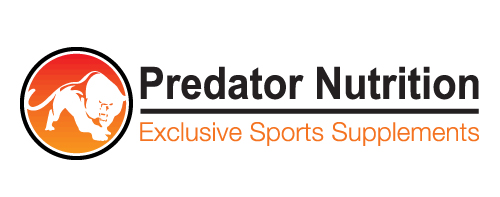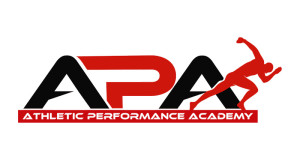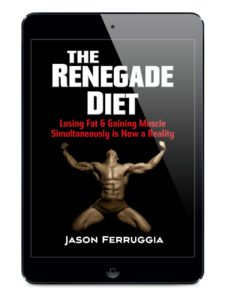Nutrition 101: What supplements should you take?
Hi All,
it’s been a while since I posted on Nutrition. This blog post is inspired by a recent visit to an Independent School to talk to some sport scholars about Nutrition. These young athletes were 13 and 14 years old and I wanted them to have a great overview of:
- The fuel and hydration NEEDS of the BODY
- The Six Principles of a HEALTHY BALANCED DIET
You can see the full presentation below. Full Disclaimer: It is 45 minutes long. If you want to focus on the Six Principles then fast forward to around the 25 minute mark!
Supplements
However, I also promised to give some further information about SUPPLEMENTS. As I always say I am NOT a Nutritionist or a Dietician- I am a Strength & Conditioning Coach. I can advise on basic principles but for further meal planning advice always consult an expert. For clarification on the differences between dieticians and nutritionists click HERE
In essence (AS WE ALWAYS KEEP SAYING TO OUR CLIENTS) Protein Powders and other supplements- are used to ‘supplement’ an already good healthy balanced diet. This should be the message that all Strength & Conditioning coaches give their clients. For example,
- Protein Powder- use to supplement daily protein intake and increase convenience of having protein at every meal.
- Greens supplement- use to supplement daily Fruit & Veg intake and increase convenience of having Fruit and vegetables every meal.
I think it is also important to use the correct supplement strategy that is appropriate for your goals. I’ve previously written some blogs about MUSCLE GAIN and FAT LOSS strategies.
The following blog focuses more on the fundamental supplements that everyone should take to support their energy needs for the workout as well as recovery after, regardless of whether your goal is muscle gain or fat loss.
PEAK Diet & Training SUMMIT DVD Set
I’ve previously written about my top supplements that I recommend to athletes to support their ‘workout nutrition’ needs which has been based on previous conversations I have had with Glen Kearney, Nutritionist at the Lawn tennis Association (LTA). Click HERE.
I also want to give credit to Dr. Mike Roussell. One of the best things I ever did was purchase The PEAK Diet & Training Summit DVD set. Tong Gentilcore wrote a pretty cool review Click HERE and HERE as did Eric Cressey Click HERE
Unfortunately I think Joe Dowdell and Dr Mike Roussell who hosted the seminar have pulled the product off line and it may no longer be available for sale. But in case you miss out here is the headlines on supplements
Core Supplements
- Are you wondering what Dr. Mike’s “Core” list of supplements entail? It’s easy, protein powder, fish oil, greens supplement, multivitamin, vitamin D, and creatine. That’s it.
- In terms of performance enhancers, he adds BCAAs, Beta Alanine, Caffeine (thank god!), and Citrillune Malate to the mix.
My thoughts- Amino Acids vs. Protein
I’d go along with the advice above. I do just want to focus on the Performance Enhancing supplements of Branch Chain Amino Acids.
All proteins are made up of single molecules of amino acids. There are nine essential amino acids which make up a complete protein.
- Essential amino acids cannot be made by the body. As a result, they must come from food.
- The 9 essential amino acids are: histidine, isoleucine, leucine, lysine, methionine, phenylalanine, threonine, tryptophan, and valine.
Animal-based protein like meat, poultry, fish, eggs, milk, and cheese are considered complete proteins. Quinoa and soy are plant-based complete proteins. … Most plant-based sources of protein are considered to be incomplete because they are low in one or more essential amino acids.
Protein Powders: Whey Proteins
Milk is made of two proteins, casein and whey. Whey protein can be separated from the casein in milk or formed as a by-product of cheese making.
In the production of cheese from milk, whey protein is left over. Following some pretty cool processing this can be converted to a protein powder which can be up to 90% protein concentration. Whey protein is considered a complete protein and contains all 9 essential amino acids and is low in lactose content.
See here for more information on WHEY PROTEIN. This is a great way to boot your complete protein intake.
Amino Acids:
Amino acids supplements usually contain 3 essential amino acids that are often referred to as ‘Branch Chain Amino Acids (BCAA).’ These are Leucine, Isoleucine and Valine.
REMEMBER- although BCAA’s are the building blocks of proteins, they are not actually proteins themselves. Just taking a BCAA supplement means you’re missing 6 of the 9 ‘essential’ amino acids still — a ‘complete’ protein contains all the ‘essential’ amino acids.
Seeing as Amino Acids are essentially the building blocks of Proteins it is worth considering why you might want to buy both!!! LiveStrong.com write a pretty cool article which highlights the differences.
Basically, Protein powders and amino acid supplements deliver different results. Protein powders boost your total protein and contribute calories, so they support muscle building and can fill in gaps in your diet. Amino acids target very specific and diverse areas of your metabolism.
Generally speaking I recommend BCAA in two strategies-
- For maximising muscle protein synthesis– during HEAVY STRENGTH TRAINING BLOCKS. Rather than having only protein powder post-workout, you can supplement extra BCAA (with or without carbohydrates) in your pre and during workout shake.
- For increasing Fat oxidation/support energy needs during glycogen depleted intense exercise. Clients may get an energy boost from taking them but with minimal calories which might be desirable if carbs have been removed from workout shakes.
I particularly like Optimum Nutrition’s Essential Amino Energy as it also contains Caffeine in addition to Beta Alanine.

I won’t go into massive detail about these performance enhancers here but basically Beta Alanine (an amino acid BUT not essential amino acid) combines with histidine to form carnosine. This has been thought to quench acid build up in working muscles (buffers pH to prevent decreases in muscle function).
Caffeine has also been shown to have CNS and neuromuscular effects such as decreased perception of fatigue and possibly stimulating fat loss as well.
Other products you might here about
Carnitine is a substance found in almost every cell in the body, it is biosynthesized from the amino acids lysine and methionine. The compound plays a crucial role in energy production, as it is responsible for transporting fatty acids to the mitochondria. Look out for L-Carnitine

Recommended Nutritional Suppliers:
http://www.predatornutrition.com/shop-by-brand/mts-nutrition http://www.predatornutrition.com/shop-by-brand/blackstone-labs http://www.predatornutrition.com/shop-by-brand/lg-sciences




